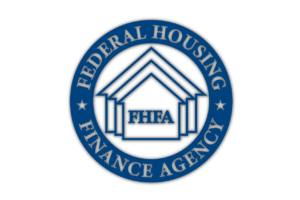On Monday President Trump released his proposed FY 2020 ‘skinny’ budget, “A Budget for a Better America: Promises Kept. Taxpayers First.” The Budget requests $44.1 billion for HUD and calls for work requirements for non-elderly and non-disabled persons to work a minimum of 20 hours per week, or participate in training or educational activities. Notably, the budget proposes the elimination of CDBG, HOME, Choice Neighborhoods grants, Section 4 Capacity Building program and SHOP and provides no funding for the Public Housing Capital Fund. Tenant-based vouchers would also see a small cut while Project Based-Rental Assistance would see a modest increase. Overall, the budget proposes to cut HUD by $9.6 billion or 18% below 2019 enacted levels. These cuts are similar in magnitude to the proposed cuts in the President’s FY-2019 budget request. Additionally, the budget proposes the elimination of other non-HUD community development programs including the Housing Trust Fund, the Capital Magnet Fund, USDA’s Rural Economic Development program and Treasury’s CDFI Fund.
While the President’s budget calls for steep cuts across many areas there are some targeted line-items that would see increases including: $20 million for financial reporting, accounting operations and internal controls; $20 million above the 2019 estimated level to modernize FHA’s information technology systems; $290 million to promote healthy and lead-safe homes, $60 million above FY 2019; and $100 million for the Rental Assistance Demonstration (RAD) program; $75 million for the Family Self-Sufficiency program and $15 million for the Jobs-Plus Initiative.
Full budget tables will be released in the coming weeks. It is important to note that for several agencies (including HUD) the President’s proposed budget compares proposed levels to the FY 2019 Continuing Resolution levels which are essentially FY 2018 funding levels. Full FY 2019 funding was not passed by Congress until after the proposed budget was prepared. It is also important to remember that the Congress is not obligated to follow the President’s budget request and will very likely strike its own balance. However, policy issues and themes outlined within the Budget request are taken into consideration and will likely frame the FY-2020 appropriations debate.



